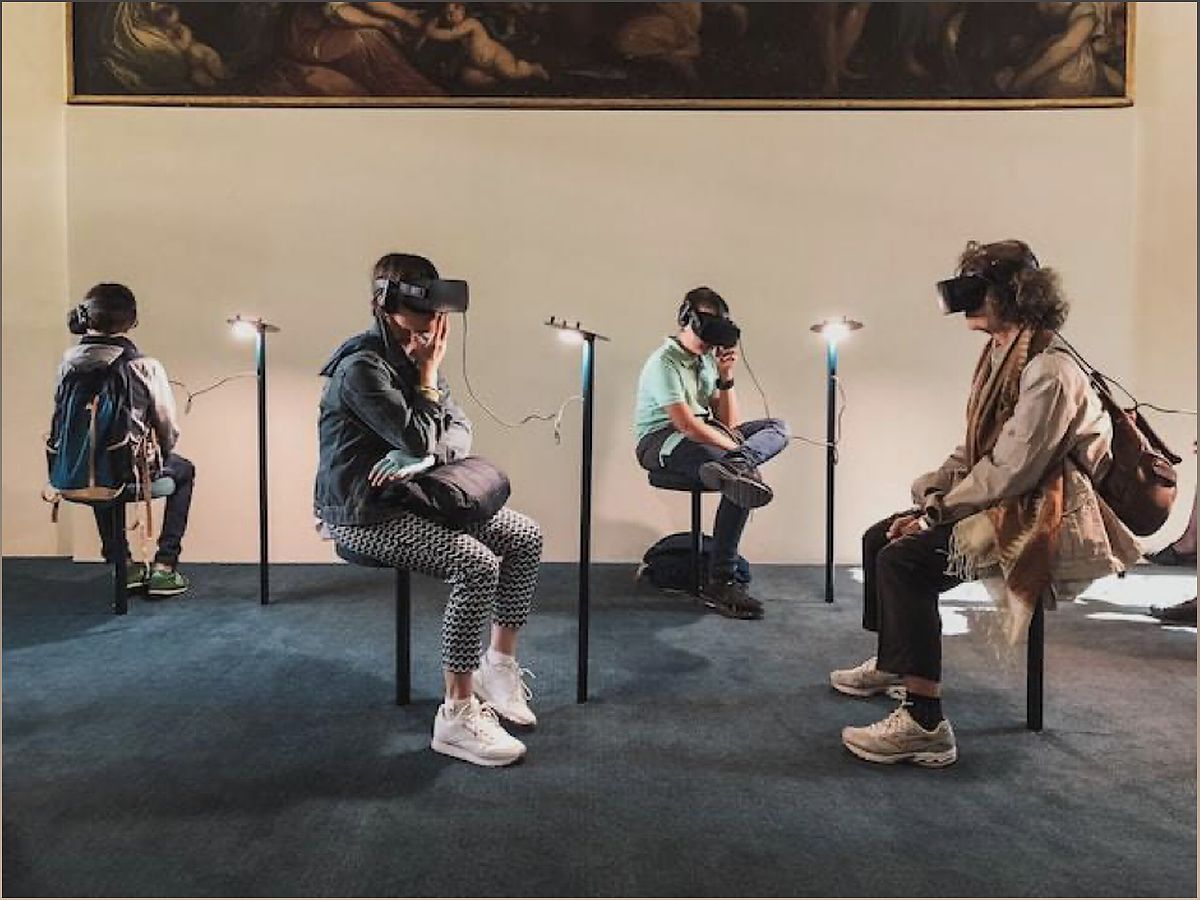In the ever-evolving landscape of technology, virtual reality (VR) is rapidly becoming a pivotal element in reshaping various aspects of our lives, including education. Join me, Emily Thompson, as we delve into the transformative power of VR on university campuses. From immersive learning experiences to fostering social connections and personal growth, VR is revolutionizing education in ways we never thought possible.
Immersive Learning Experiences: Stepping into History, Medicine, and Architecture
Discover how virtual reality creates immersive learning environments that transcend traditional education.
Virtual reality opens up a world of possibilities for students to explore history, medicine, and architecture in a whole new way. Imagine history students walking through ancient civilizations, witnessing history unfold around them. Medical students can conduct virtual surgeries, gaining hands-on experience in a safe environment. Architects can explore 3D models of their designs, visualizing their creations in a realistic virtual space.
These immersive experiences provide a deeper understanding of subjects, making learning informative and incredibly engaging. Students can interact with the virtual environment, experiencing firsthand what they are studying. This dynamic approach caters to various learning styles, ensuring that education is more inclusive and effective.
Fostering Social Connections: Breaking Barriers and Building Community
Explore how virtual reality enhances social interactions and connects students regardless of physical location.
Virtual reality not only transforms the way students learn but also revolutionizes how they socialize and connect on campus. With VR experiences, students can engage in group activities, collaborate on projects, and participate in virtual meetings, breaking down geographical and physical barriers.
This technology is particularly beneficial for remote students or those who are unable to be physically present on campus. It allows them to be part of the campus community, attending virtual events, and fostering a sense of belonging. VR also offers opportunities for language learning and cultural experiences, further enhancing social connections among students.
Personal Growth: Building Resilience and Developing Essential Skills
Discover how virtual reality provides unique opportunities for personal development and skill-building.
Beyond academic learning and socializing, virtual reality offers students the chance to develop essential skills not typically taught in classrooms. VR simulations can help students build resilience by exposing them to high-pressure situations and teaching them how to stay calm and make effective decisions under stress.
Additionally, virtual reality can enhance communication skills through simulations of public speaking or other social interactions. Students can practice and receive feedback in a safe yet challenging environment, improving their ability to communicate effectively. These virtual experiences contribute to personal growth and prepare students for real-world challenges.
Entertainment and Creativity: Unwinding and Expressing in the Virtual World
Explore the fun and creative side of virtual reality, offering students a range of entertainment options.
Virtual reality provides a whole new level of entertainment on university campuses. Students can immerse themselves in thrilling adventure games or enjoy calming virtual nature walks, offering a much-needed break from academic demands.
Moreover, VR entertainment goes beyond individual experiences. It fosters community events such as virtual reality sports tournaments, movie nights, and cultural experiences showcasing art and music from around the world. These activities not only entertain but also promote cultural awareness and appreciation among students.

